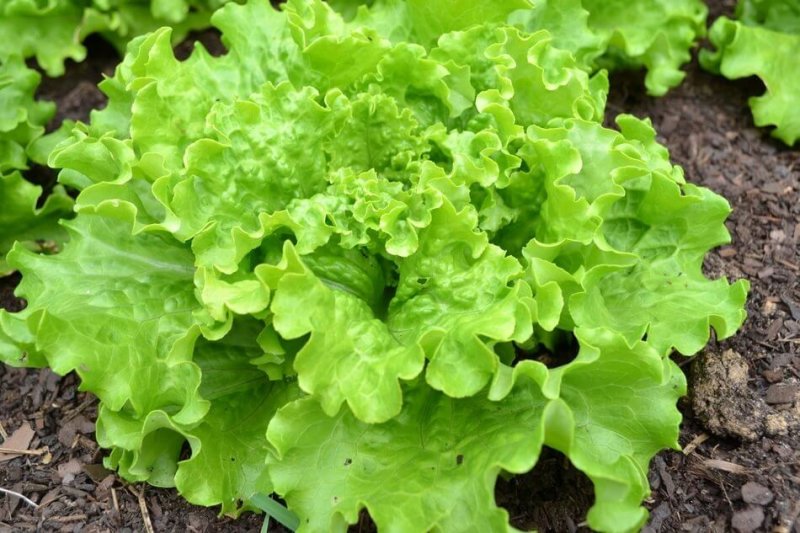The vegetable in question is the humble lettuce. Lettuce plants naturally produce a range of nutrients, such as vitamin C, beta-carotene and thiamine (vitamin B). However, the plant only produces a limited amount of each-only the amount required for the lettuce itself.
In Livneh’s research, she leveraged CRISPR/Cas technology to target areas in the native lettuce genes that regulate the production and accumulation of these specific nutrients.
…
The genetic changes are ‘very subtle’, the researcher continued, and are considered ‘gene editing’ rather than genetic engineering-whereby whole genes are usually cloned from other species into the target plant.
…
The researcher remains ‘very’ optimistic for commercialisation potential in global markets. The UK, which withdrew from the European Union in early 2020, has recently approved field studies for genetically edited crops, for example. And recently, a CRISPR edited nutrient enhanced tomato entered the Japanese food market.
This suggests it is not the US alone that is embracing gene-edited crops, stressed Livneh: “I think this trend will continue.































